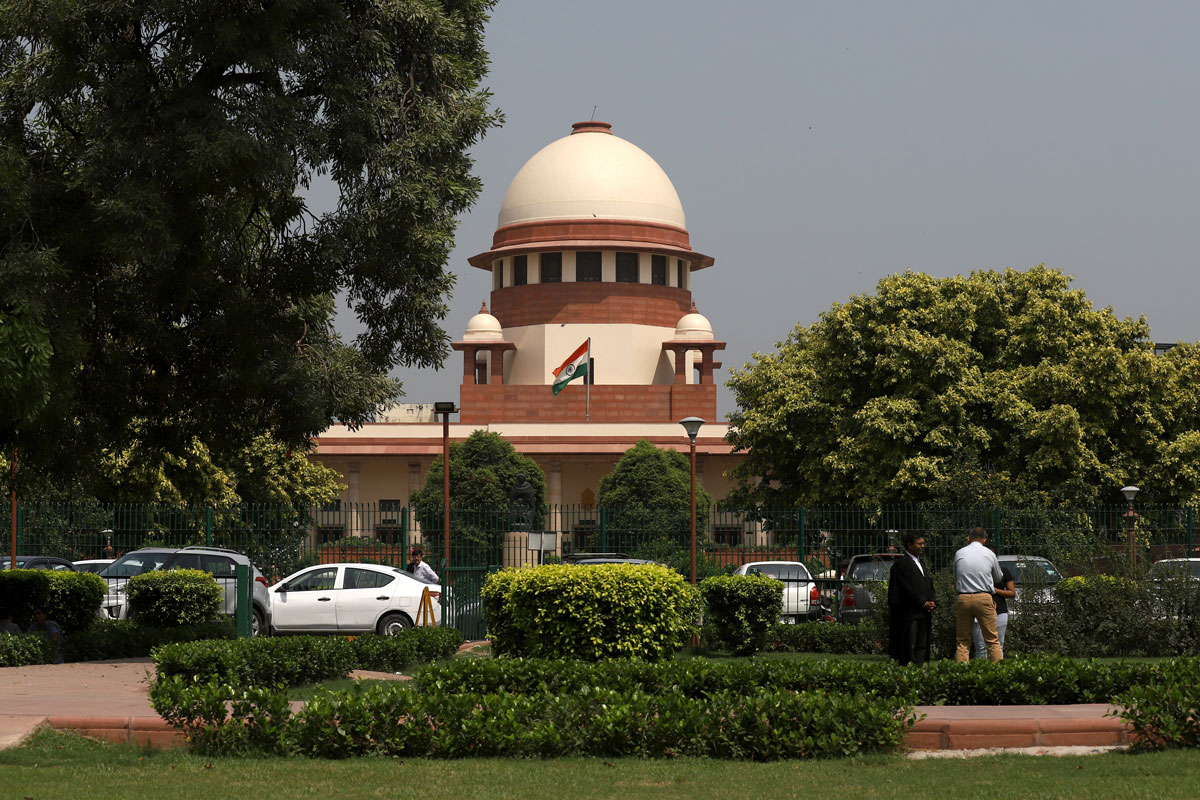The Supreme Court on Thursday sought Finance Ministry’s reply on waiver of interest on loans during the moratorium period after the RBI said it will lead to loss of 1 per cent of the GDP.
A bench of Justices Ashok Bhushan, Sanjay Kishan Kaul and M.R. Shah delivered the verdict. They said that these are not normal times, and it is a serious issue, as on one hand moratorium is granted and then, the interest is charged on loans during this period.
Advertisement
“There are two issues in this (matter). No interest during moratorium period and no interest on interest”, said Justice Bhushan.
The bench was hearing a plea, filed by Gajendra Sharma, in which he has sought a direction to declare the portion of RBI’s March 27 notification “as ultra vires to the extent it charges interest on the loan amount during the moratorium period, which create hardship to the petitioner being borrower and creates hindrance and obstruction in ”right to life” guaranteed by Article 21 of the Constitution of India”.
Sharma, a resident of Agra, has also sought a direction to the government and the Reserve Bank of India (RBI) to provide relief in re-payment of loan by not charging interest during the moratorium period.
Solicitor General Tushar Mehta, appearing for the Centre, said that he would like to file the reply of finance ministry on the issue and sought time.
The observation from the bench came on a petition by Gajendra Sharma, where he sought a direction to declare the portion of RBI”s March 27 notification as ultra vires to the extent it charges interest on the loan amount during the moratorium period.
Senior advocate Rajeev Dutta, appearing for petitioner Gajendra Sharma told the court that Centre is looking at the profitability of the banks and cited the recent order by top court on middle seat row in Air India matter, where the non-scheduled flights are to bring the stranded Indians from abroad.
General Tushar Mehta, representing the Centre, contended before the bench that he would consult the finance ministry and file a response to both the questions. The top court allowed Mehta to file a reply on or before June 12.
At the outset, the top court took note of the fact that RBI’s reply was leaked to the media before the matter was taken up before the court. “Is RBI filing the reply first in media and then in court?”
Dutta said this was a move to sensationalise the issue.
The bench said that it highly deprecates this practice and this should not happen again.









